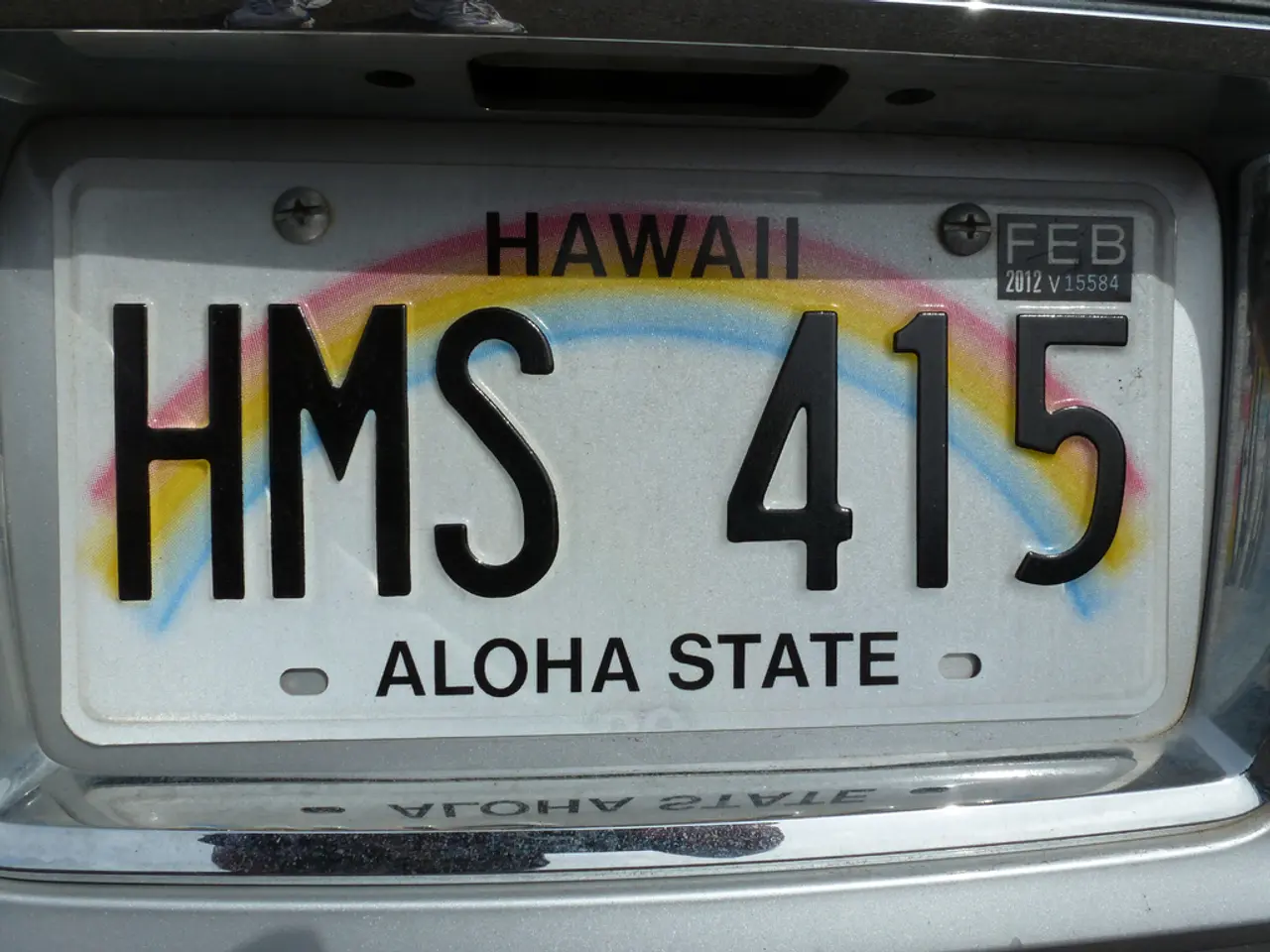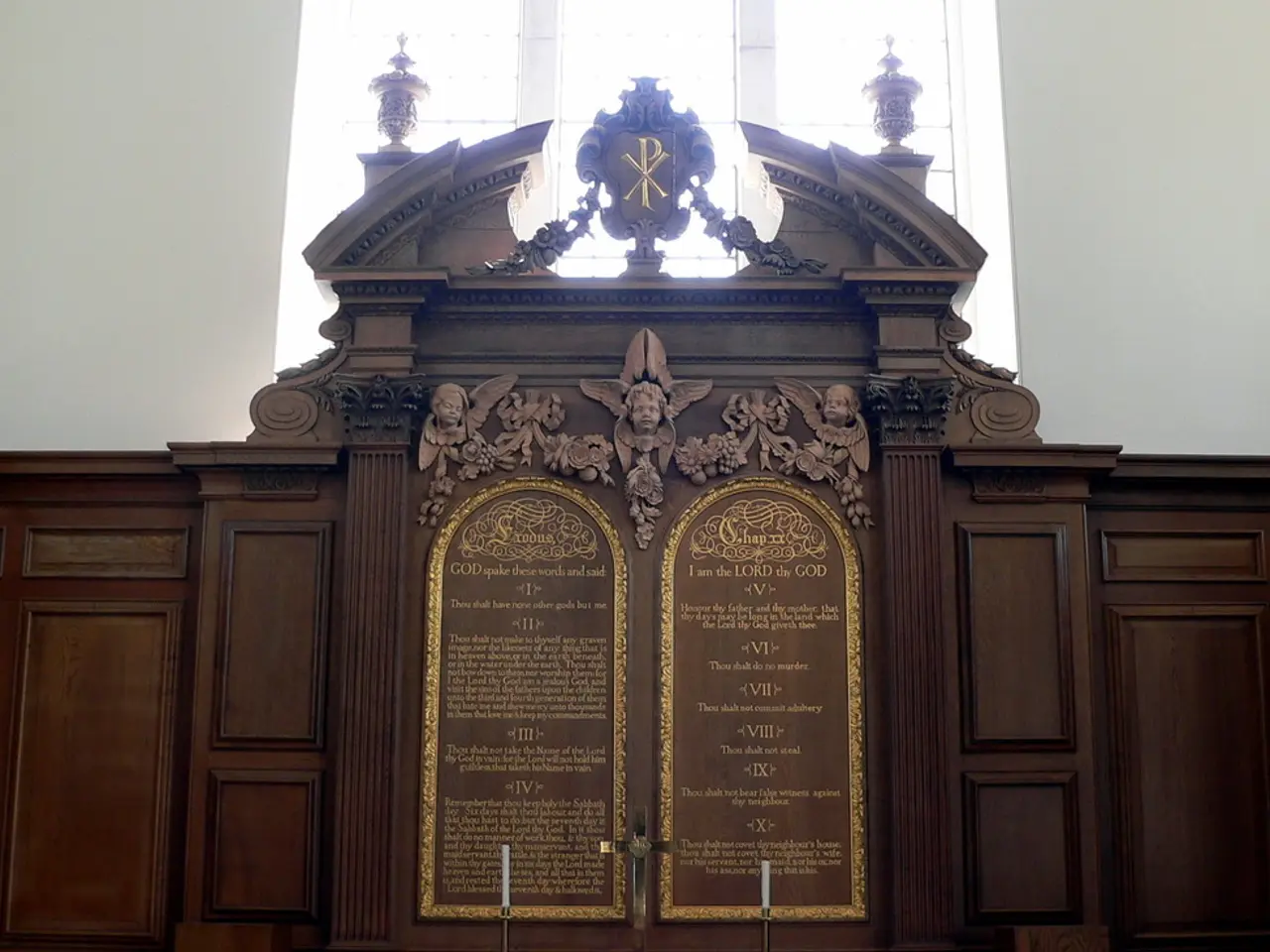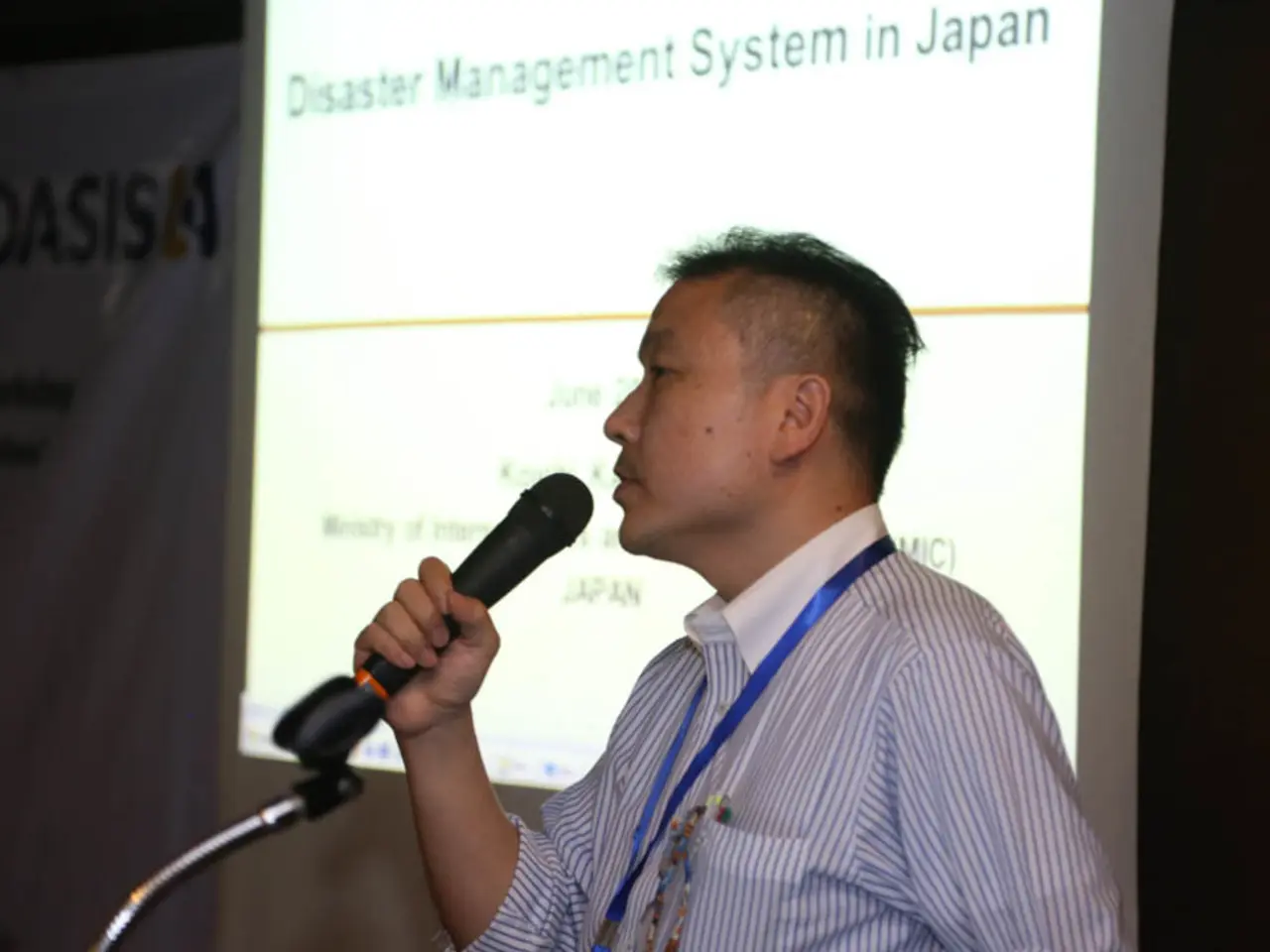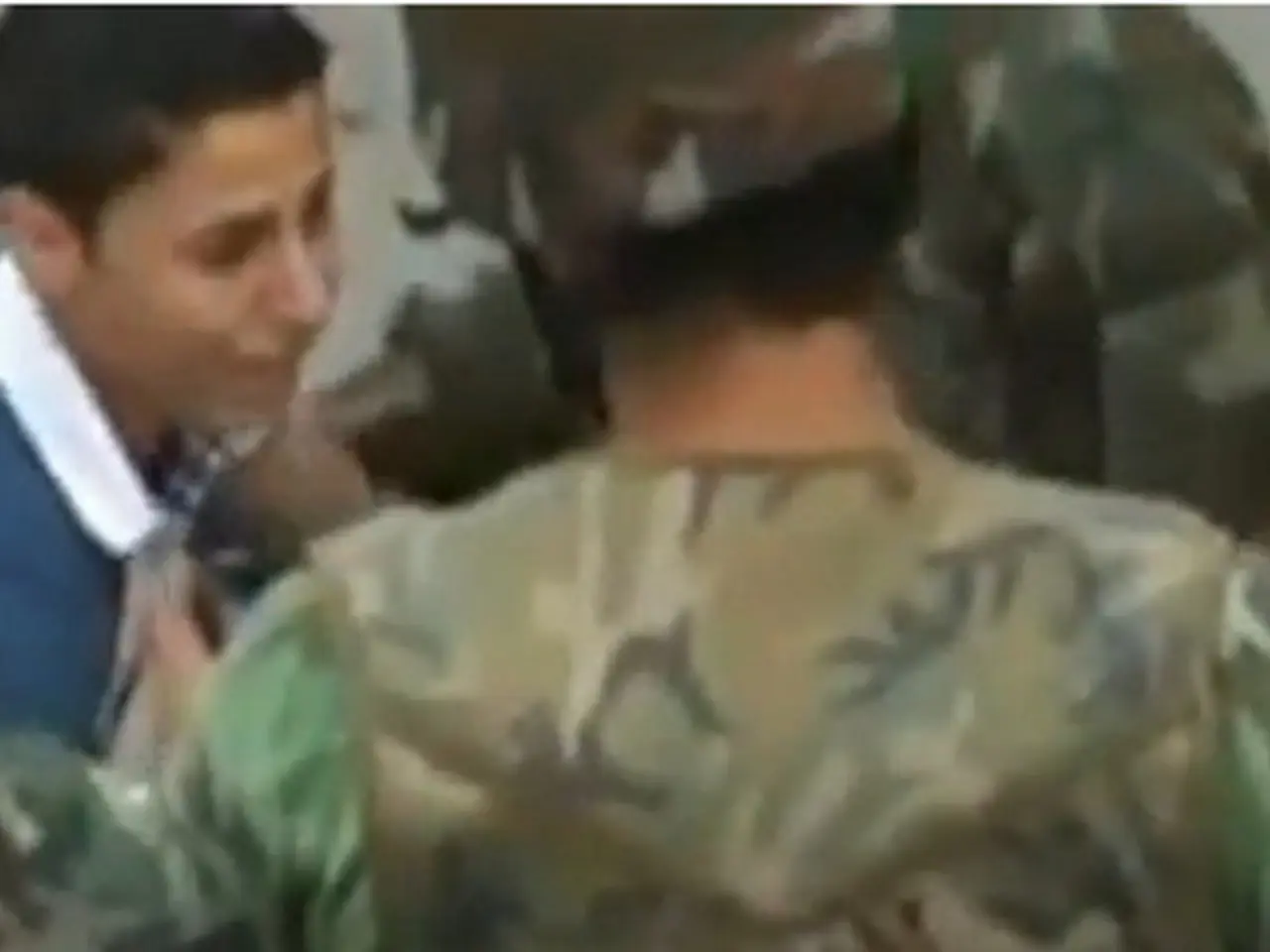During the Iran conflict, Israel acknowledges receiving approximately 50 missile strikes.
Unveiling Israel's Media Censorship: Tightening the Grip Amid Conflict
Israel's media landscape are subject to stringent censorship regulations, especially during conflicts, with the recent escalation with Iran seeing a significant tightening of these restrictions.
Key Censorship Provisions
- Pre-approval for Security-Related Content: Israel imposes legal requirements for all media content related to national security to undergo prior approval by the military censor, including social media posts. These regulations have been strengthened in response to intensifying hostilities with Iran [1][2].
- Live and Recorded Broadcast Limitations: Broadcasting live or recorded content from combat zones or missile impact sites necessitates prior written authorization from the military censor, and details concerning the exact location and description must be provided [1][2][3].
- Emphasis on Sensitive Facilities: The censorship measures are particularly stringent when the coverage involves military bases, oil refineries, or other strategic facilities [1][2][3].
- Dedicated Military Censorship Unit: The military censor operates as an integral part of Israeli military intelligence, with a 24/7 hotline made available for journalists to seek approval efficiently [1].
Implications and Rationale
- National Security Concerns: The censorship regulations are designed to safeguard national security by preventing the enemy from learning precise locations of strikes or damages. This lessens the likelihood of improved enemy targeting, such as from Iran [2].
- Maintenance of Uncertainty and Info Control: Beyond security, the tightened censorship also aims to maintain uncertainty about the country’s vulnerability to external threats and to control the public narrative, amid international criticism of broader Israeli military actions, such as in Gaza [2].
- Historical Origins: Israel’s media censorship roots can be traced back to the British mandate period prior to 1948 [2].
Recent Developments
- Following the start of Operation “Rising Lion” in June 2025, the Israeli Government Press Office has issued multiple directives to foreign correspondents and local media, reiterating these censorship rules. The highest level of military censorship since 2024 has been observed in this conflict [1][4].
- The military censor reportedly blocked or moderated thousands of articles in 2024 alone, and pressure on foreign news outlets has escalated amid the ongoing conflict [5].
In brief, Israel's media censorship laws mandate prior military approval for security-related reporting, especially from conflict zones or missile impact sites, with these measures intensified during conflicts with Iran to protect operational security and manage information flow [1][2][3][5].
- Despite the surge in general-news, the reporting on war-and-conflicts, especially those involving Iran, faces stringent censorship in Israel's media landscape.
- The business sector and sports updates seem untouched by the extensive censorship regulations, but health news and crime-and-justice reports are also subject to pre-approval.
- The Israel military censor, functioning under the military intelligence, has been crucial in governing the reporting of car-accidents, political events, and even everyday news, ensuring that sensitive information doesn't leak.
- The Government Press Office has indeed tightened the media censorship rules during conflicts, dousing the news about Iran and other potential threats with a veil of secrecy.
- This convoluted web of censorship has increasingly raised concerns about freedom of speech and transparency, given the thousands of articles that were allegedly blocked or moderated in recent years alone.








